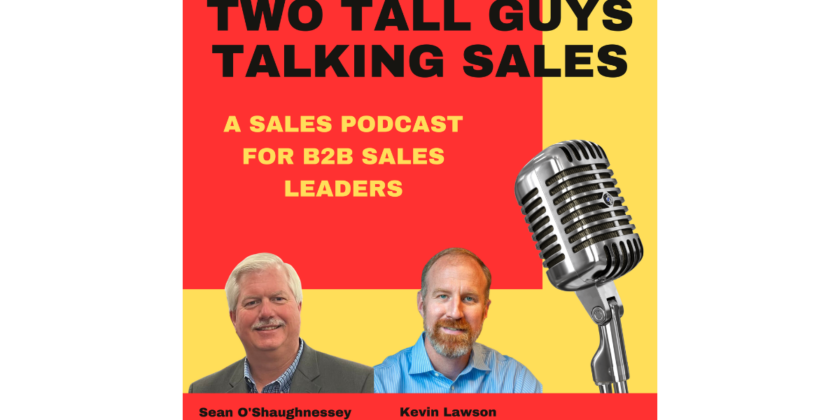The effectiveness of sales management is paramount, particularly in how sales managers support their team members to enhance performance. The nuanced relationship between a salesperson and their manager can significantly influence their success, a topic that is gaining traction among CEOs and sales leaders seeking to maximize their team’s capabilities.
One-on-one meetings between sales managers and salespeople are not just routine check-ins but pivotal moments that can define a sales team’s success trajectory. These interactions are opportunities for sales managers to transition from merely overseeing to actively fostering the growth of future sales leaders. The effectiveness of these meetings hinges on the preparation and the approach both parties bring to the table.
A key aspect of these meetings is the focus on the sales pipeline. These are not annual reviews but regular, detailed discussions that provide immediate, actionable feedback. The format of these meetings should allow salespeople to lead the conversation, highlighting challenges and insights into their deals. By doing so, they take ownership of their responsibilities and develop critical analytical skills. It’s crucial for salespeople to come prepared, not with just a superficial overview but with a deep dive into their accounts, ready to discuss specifics such as potential roadblocks in deal closures and strategies for advancing stages in the sales pipeline.
Micromanagement can be a pitfall in these scenarios. While it may be tempting for managers to steer conversations, especially with less experienced salespeople, it’s essential to restrain this impulse. The goal is to guide salespeople to independently spot issues and develop solutions, fostering a more robust and self-reliant sales force.
Integrating technology, such as CRM systems, plays a crucial role. The sales leader and salesperson must thoroughly review all relevant data before meetings. This preparation prevents redundancy during discussions and ensures that the focus is on strategizing rather than information regurgitation. Such meticulousness shows respect for each other’s time and reinforces the value of each meeting.
Training salespeople to identify potential issues streamlines the sales process and prepares them to handle complexities in future deals. This approach enhances their problem-solving skills and aligns with broader business objectives, contributing to the company’s overall health and success.
The transformation of routine management into strategic mentorship can significantly impact a sales team’s effectiveness. Sales leaders must foster an environment where salespeople are empowered to analyze and lead discussions about their work, making these one-on-one meetings a cornerstone of a thriving sales culture. By doing so, they not only improve the immediate outcomes of their deals but also build a resilient and forward-thinking sales team.
Immediate Steps for Sales Leaders to Elevate Their Team’s Performance
- Schedule Regular One-on-One Meetings: Set a consistent schedule for one-on-one pipeline review meetings with each salesperson. These should be frequent enough to provide real-time feedback and support, ideally weekly or bi-weekly.
- Prepare Thoroughly for Each Meeting: Review the salesperson’s current pipeline and deal statuses in the CRM before each meeting. This preparation allows you to provide targeted advice and focus on strategic discussions rather than information recap.
- Empower Salespeople to Lead Discussions: Encourage sales representatives to prepare and lead the meetings. Provide a structure for these sessions but allow them to fill in the details and drive the agenda. This approach helps develop their analytical and leadership skills.
- Focus on Professional Development Goals: Be prepared to discuss sales targets and strategies during these meetings. You should identify and plan for each salesperson’s professional development and tailor coaching and feedback to help them grow into future sales leaders.









